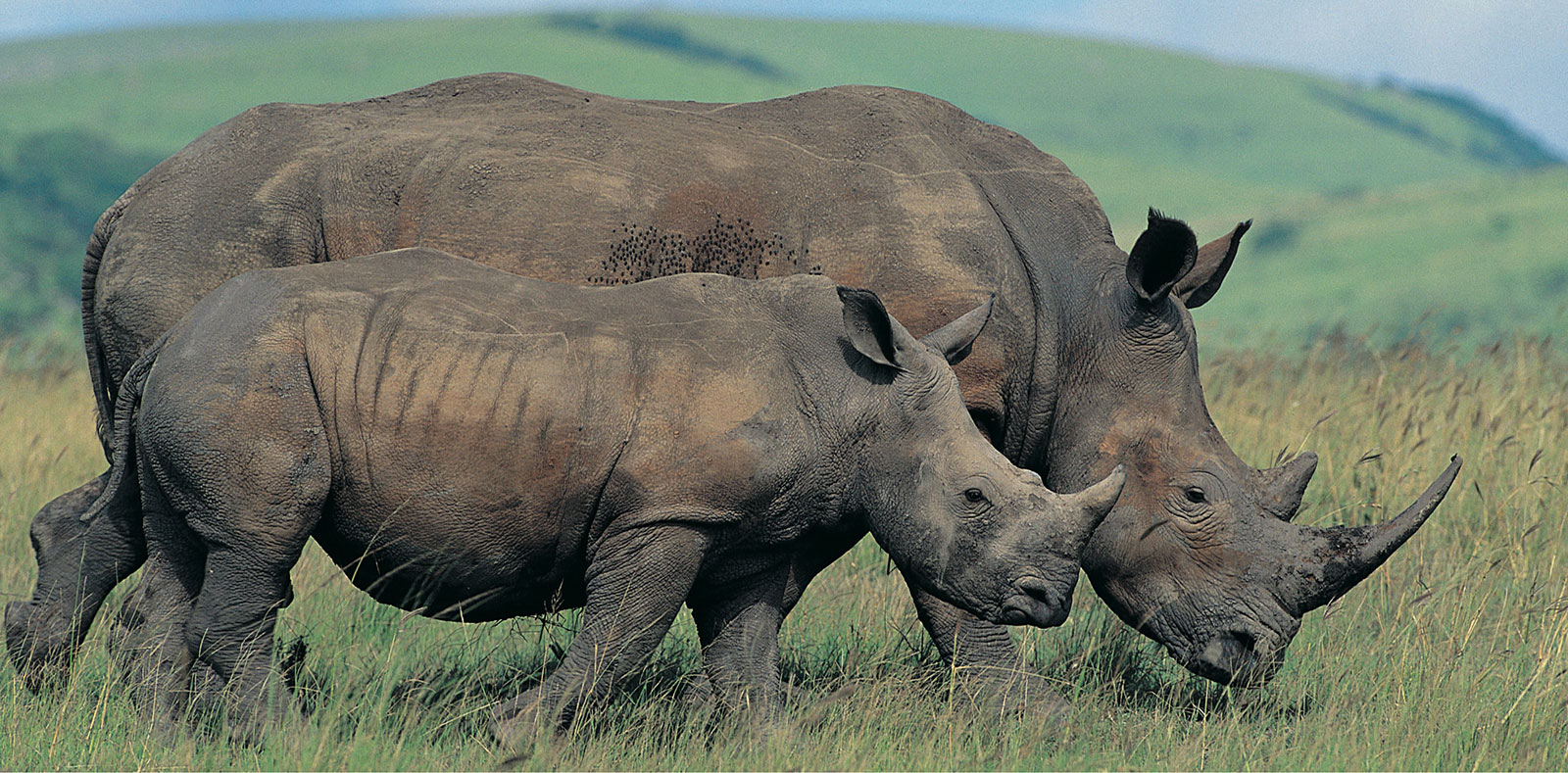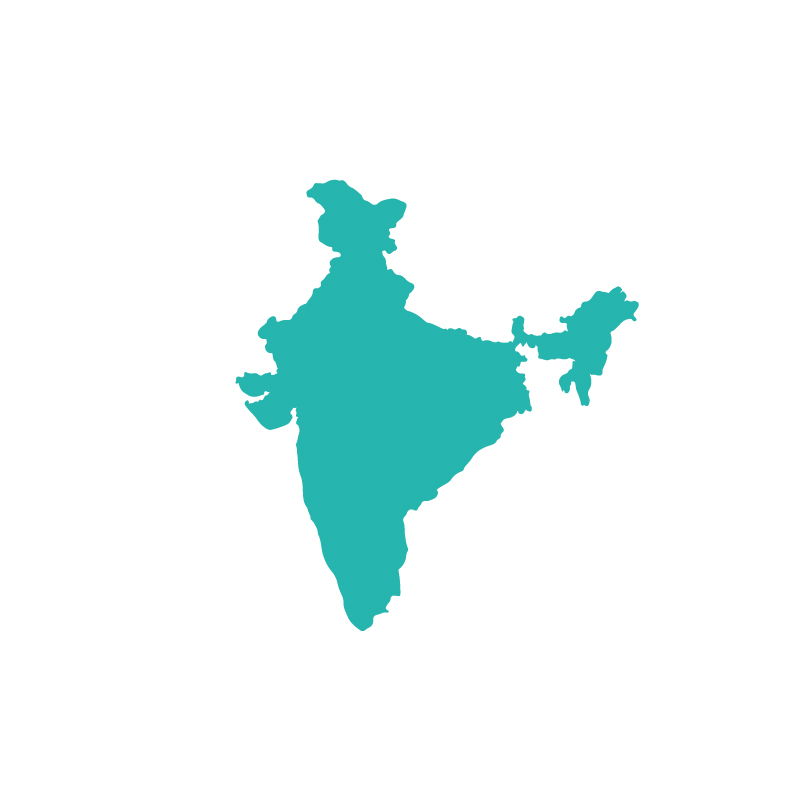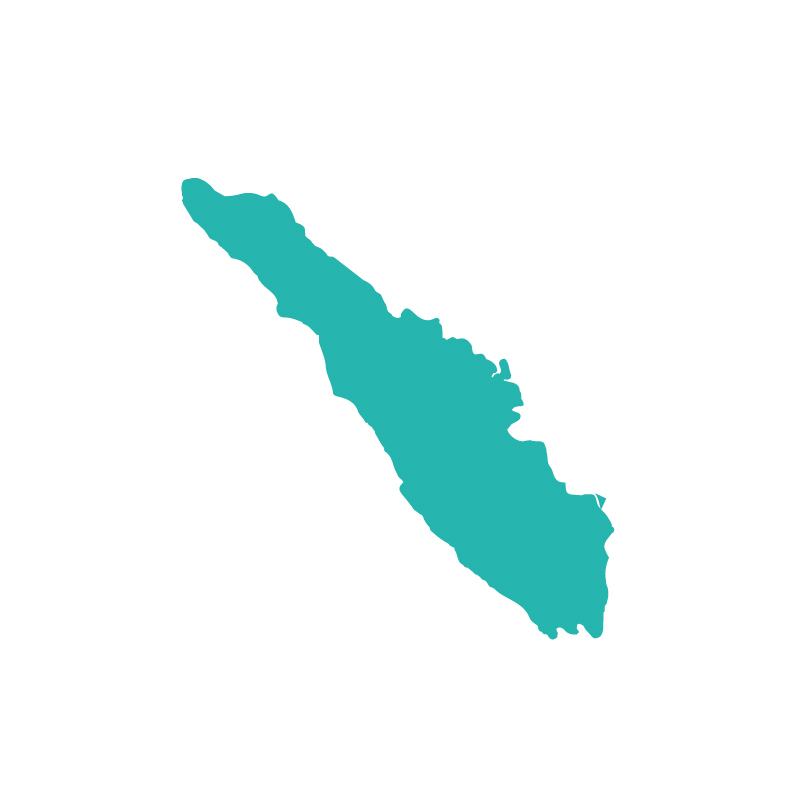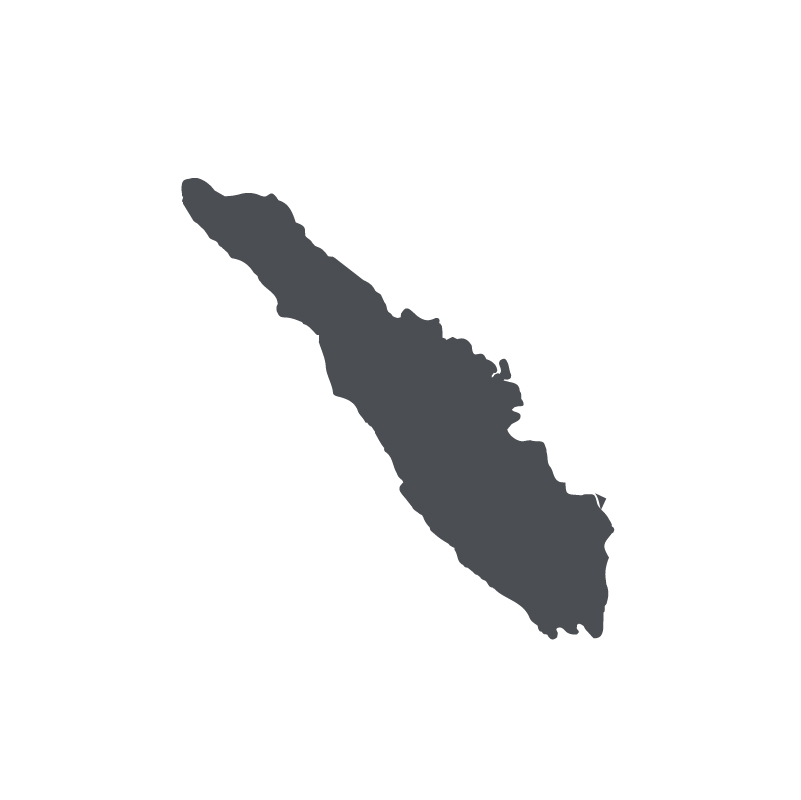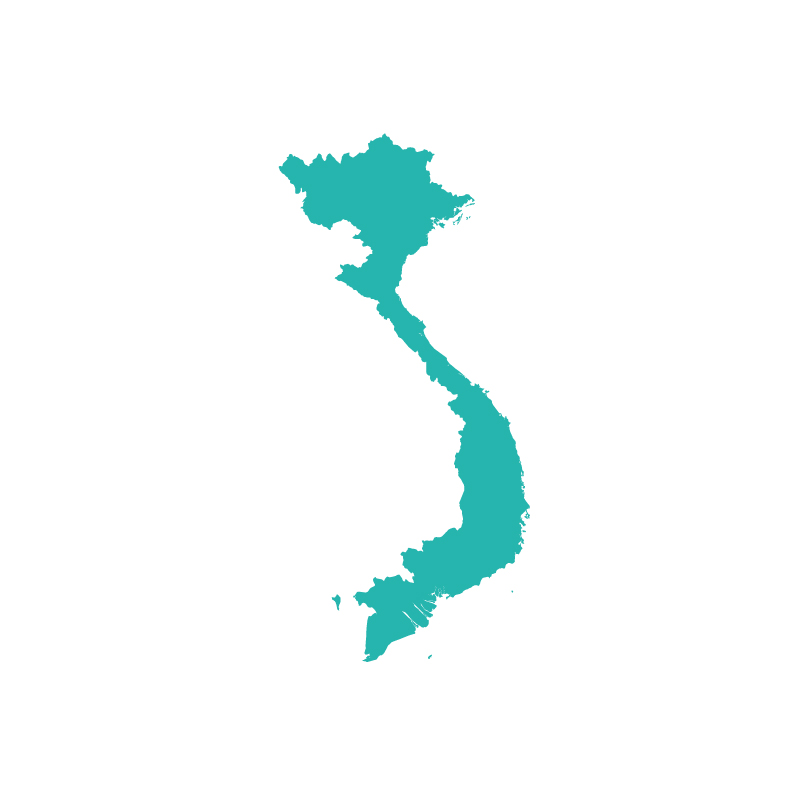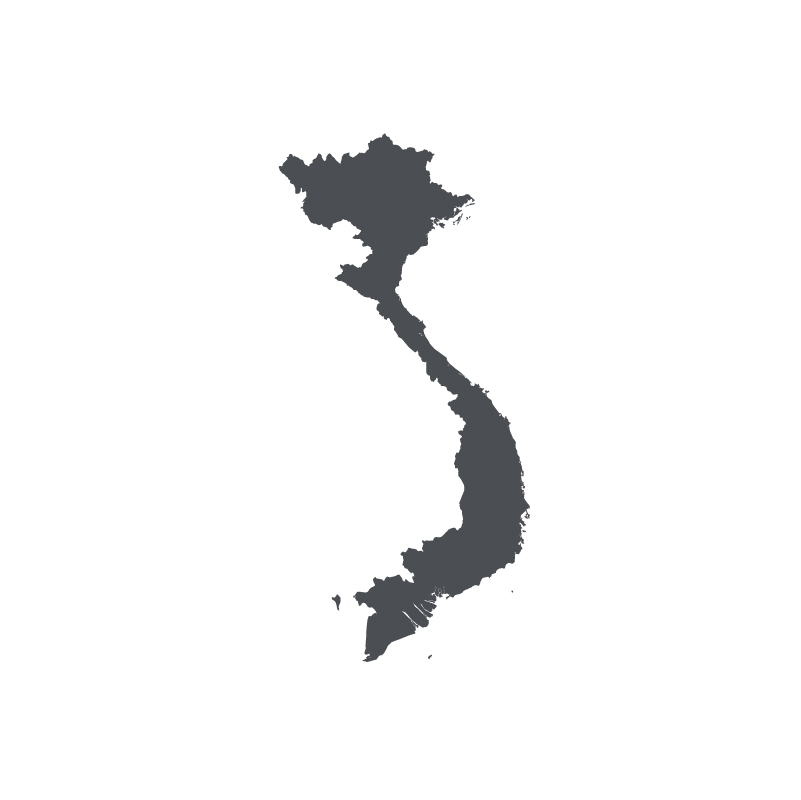IRF works with local partner, Stop Rhino Poaching (SRP), to protect and grow the population of black and white rhinos through monitoring, anti-poaching efforts, and community involvement.
South Africa accounts for about half of the total black rhino population on the African continent and is also home to the world’s largest population of white rhinos. Currently, 2,056 black rhinos and 12,968 white rhinos are estimated to remain for a total of more than 15,000.
Poaching remains the largest threat to South Africa’s rhinos. In the first half of 2023, 231 rhino deaths were attributed to poaching. This is an 11% decrease from the first half of 2022, but there is still at least one rhino killed every single day in South Africa.
Due to its large population of rhinos, expansive size (making it challenging to protect), a shared border with Mozambique and being surrounded by poor, heavily populated local communities, the Kruger National Park has been targeted by poachers since the current poaching crisis began in 2008. More recently though, poaching syndicates have increasingly shifted to other state, provincial and private reserves, especially in the KwaZulu-Natal province where the majority of rhinos have been killed this year. This could be because of the significant population declines reported for black and white rhinos in Kruger last year. Fewer rhinos makes poaching more difficult. That, combined with ongoing anti-poaching efforts and wide-scale dehorning in the Greater Kruger area, has led poachers to shift to hunting in other regions.
Rhino Operations in South Africa
Our annual conservation operations include:
- Boots on the Ground
- Special Training
- Early Warning and Community Involvement
- Investigation and Forensic Techniques
- Rhino Dogs
- Law Enforcement Crackdown
- Poaching Deterrents
- Translocating Rhinos to Safety
- Intensive Monitoring and Tracking
- Demand Reduction
Latest News from South Africa
The biggest news from South Africa this year is the sale of Platinum Rhino Project and their 2,000 southern white rhinos to nonprofit African Parks, which will begin historic and critical translocations across Africa in order to build rhino populations in key protected areas. After years of uncertainty about the fate of these animals, which comprise an eighth of the world’s white rhino population, this plan is a welcome relief and will greatly contribute to conservation of the species.
South Africa continues to battle devastating poaching losses. Although there has been a decline in poaching in Kruger National Park and in the country overall in 2023, poachers have shifted their focus to coastal KwaZulu-Natal province, particularly embattled Hluhluwe Imfolozi Game Reserve. The reduction in poaching in Kruger is likely due in part to increased security measures and in part due to the declining rhino population, making targets harder to find for poachers.

